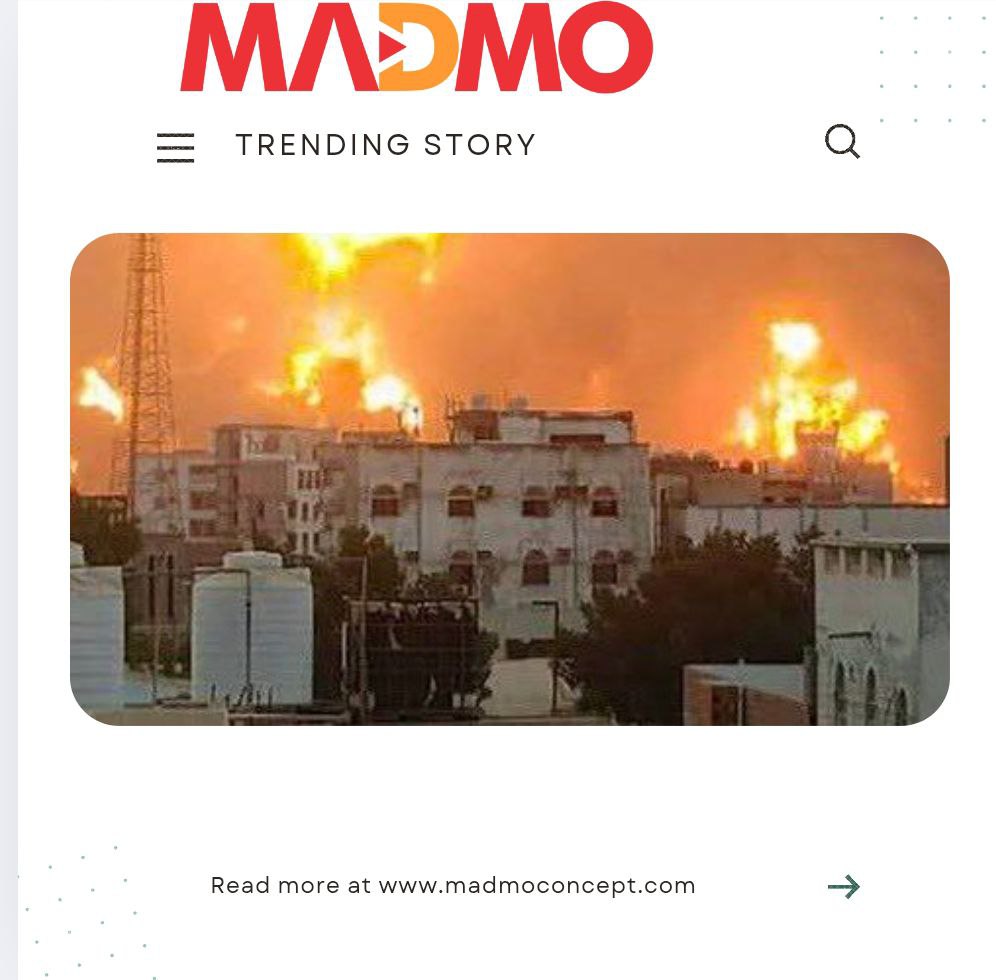
In a significant escalation of tensions in the Middle East, Israeli airstrikes targeted Yemen’s Houthi-controlled capital, Sanaa, and the port city of Salif early Thursday, leaving nine people dead. The strikes came in retaliation for a Houthi missile attack on central Israel that damaged a school building.
The Israeli Defense Forces (IDF) stated that their airstrikes targeted key infrastructure, including power stations and the Ras Isa oil terminal. According to the IDF, these facilities were being used by the Houthis for military purposes, including the smuggling of Iranian weapons. Rear Admiral Daniel Hagari, the IDF spokesperson, emphasized that the Houthi actions violated international law and posed a severe threat to regional stability.
Israeli Defense Minister Israel Katz issued a stern warning to the Houthis, vowing that Israel would respond decisively to any aggression. The Houthis, an Iranian-backed rebel group, have increasingly posed challenges in the Red Sea region, including disrupting international shipping and launching attacks against Israel.
The strikes highlight escalating tensions in the region, with the conflict in Yemen already contributing to a severe humanitarian crisis. While the U.S. clarified that it had no involvement in the strikes, it has previously conducted military actions against the Houthis.
This latest development underscores the complex dynamics of Middle Eastern conflicts, involving key players such as Israel, Iran, and the Houthis.




